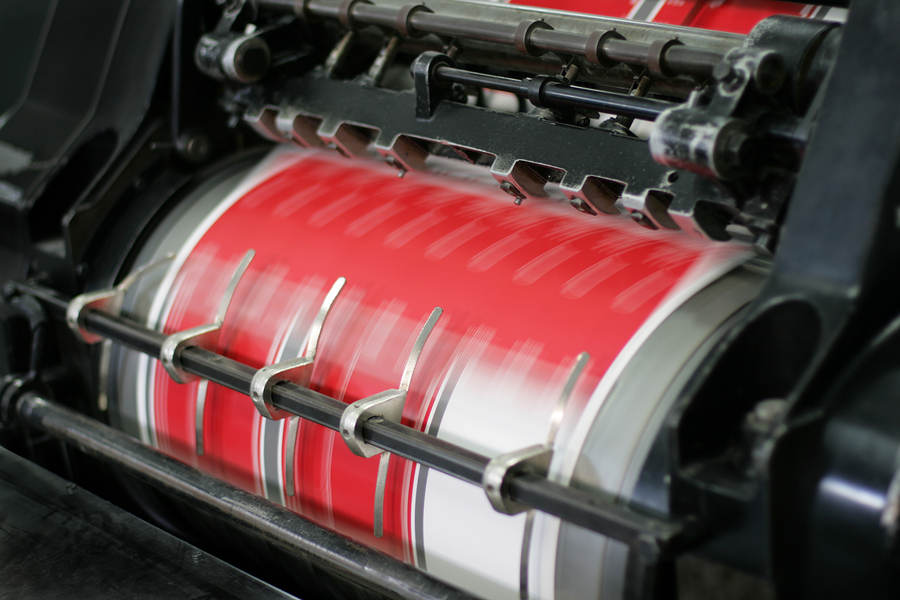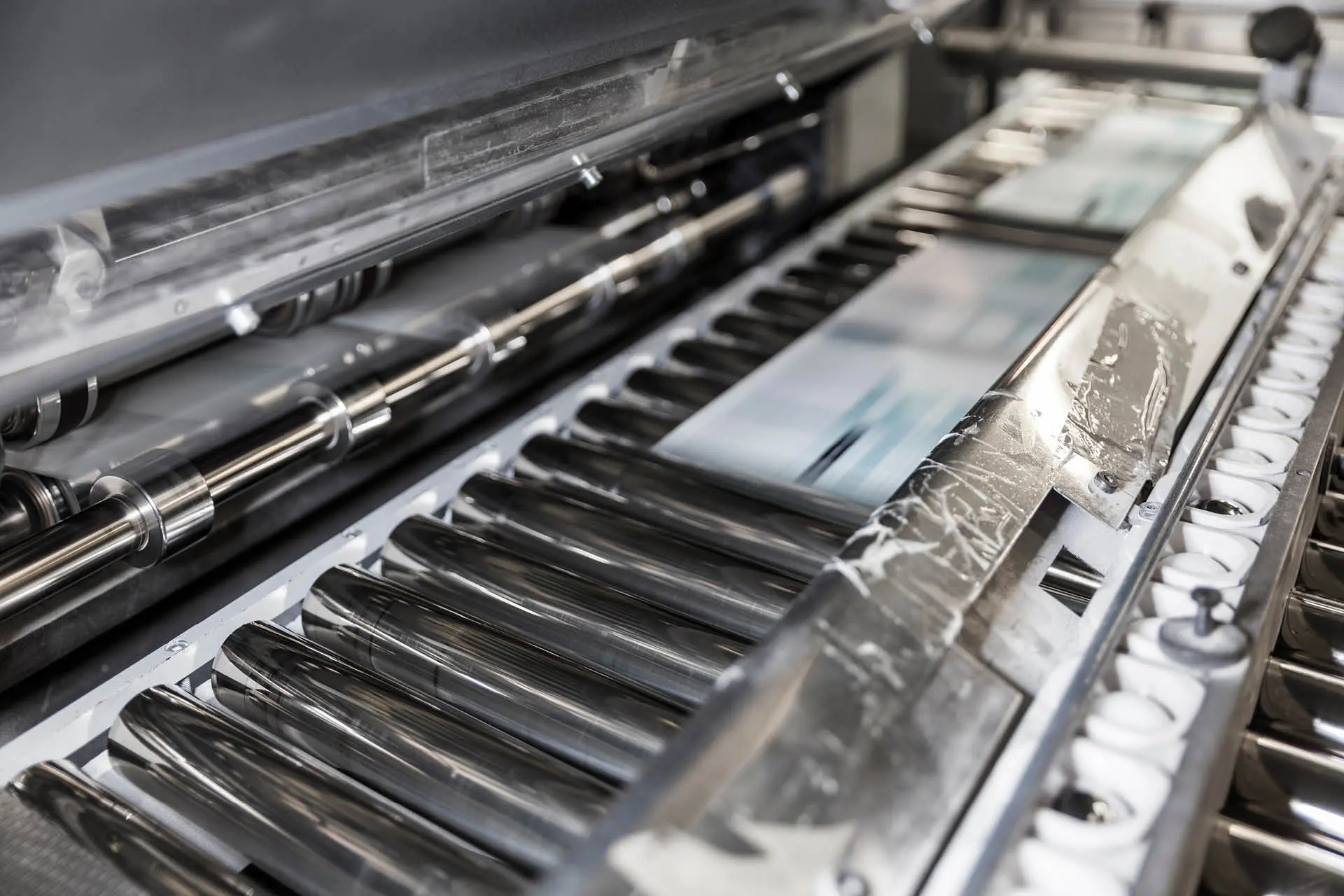litho printing for Large-Scale Commercial Projects
litho printing for Large-Scale Commercial Projects
Blog Article
A Comprehensive Guide to Recognizing Litho Printing Strategies
The world of litho printing, a technique originating from the late 18th century, is a remarkable mix of history, advancement, science and art. This thorough guide will certainly untangle the intricacies of this printing technique, from the structure of litho inks to the difficulties dealt with in modern applications. As we venture right into the intricacies of lithography, the relevance of automation and sustainability in guaranteeing its future significance becomes increasingly clear. Remain with us as we trip into the captivating world of litho printing.
The Historic Development of Litho Printing
The historic trajectory of litho printing, a crucial development in the realm of communication, is an exciting story of human ingenuity. Birthed in the late 18th century by Alois Senefelder, this technique was initially a cost-effective method of publishing staged works. Lithography, derived from the Greek words for 'stone' and 'to create', made use of a smooth rock surface area to move photos onto paper. The procedure evolved with the advent of the rotating press, which substantially enhanced efficiency (litho printing). In the 20th century, the advancement of countered lithography revolutionized the sector, enabling automation of top quality prints. Each stage of litho printing's advancement showcases humankind's relentless quest of efficiency and high quality in visual interaction.
Decoding the Scientific Research Behind Litho Printing Inks
Moving on in the expedition of litho printing strategies, the emphasis currently changes to the science behind litho printing inks. The make-up of these inks, their drying procedure, and shade mixing methods develop the foundation of this complicated art kind. Comprehending these aspects is critical to understanding the craft and attaining the desired print results.
Composition of Litho Inks
In lithographic printing, the fundamental function of litho inks can not be overemphasized. Pigments, the color-providing components, are carefully ground particles put on hold in the car, a liquid that lugs the pigment onto the printing surface. Each component plays a critical part in the last print's high quality, making the precise formula of litho inks a detailed scientific research.
Ink Drying Refine
From the make-up of litho inks, attention turns to the remarkable process of ink drying. The drying procedure is important, as it influences the last print's top quality and longevity. 2 key methods are made use of in litho printing: oxidative drying out and absorption. Oxidative drying out includes the ink responding with oxygen in the air to form a hard, completely dry film. This approach supplies a resilient finish, however can be slower compared to absorption. Absorption, on the various other hand, involves the ink seeping into the paper fibers, which is a faster process but can bring about much less vivid colors. The selection in between these techniques is dependent upon aspects such as print speed demands, the paper kind used, and the desired coating.
Shade Combining Methods
While the drying procedure plays a crucial duty in litho printing, the science of color blending methods holds equal significance. The science behind litho printing inks likewise takes right into account the transparency of the ink, which impacts just how colors overlay and mix.
The Art and Design Aspects in Litho Printing
Litho printing takes a breath life right into art and design via its one-of-a-kind elements. Litho printing accommodates a variety of colors, allowing musicians to produce vibrant and vivid prints. This combination of precision and versatility makes litho printing a recommended choice for lots of artists and developers.
Modern Applications of Litho Printing Techniques
Litho printing techniques have actually discovered substantial usage in the modern commercial market. Its impact and importance remain to grow with the development of brand-new advancements and technologies in the field. This section will certainly check out these contemporary applications and the transformative role they play in the printing sector.
Industrial Litho Printing Uses
In today's electronic age, one may wonder regarding the relevance of standard printing techniques. Litho printing remains a critical part of the commercial market. High-volume printing tasks, such as the manufacturing of publications, newspapers, and packaging, rely upon litho printing for its capability to provide remarkable picture quality and cost efficiency. The process, which involves moving a tattooed image from a plate onto a rubber blanket and after that to the printing surface, provides unparalleled consistency. This makes it ideal for jobs requiring a large print run. Litho printing likewise provides a wide click site color range, exceptional to that of electronic printing. This makes it the go-to option for tasks that demand dynamic, high-quality shade recreation.
Developments in Litho Printing
Pressing the borders of typical methods, modern-day innovations have actually sustained a host of innovations in litho printing. One noticeable development is digital litho printing, which incorporates the virtues of electronic modern technology with litho's top notch outcome. These developments emphasize the enduring relevance of litho printing in the contemporary globe.
Checking out the Process of Litho Printing: Detailed

Challenges and Solutions in Contemporary Litho Printing

Despite the precision and practice that litho printing proudly supports, it is not find out without its set of contemporary challenges. Digital litho printing allows for cost-efficient short runs and very easy personalization, dealing with the problem of variable data. Thus, while there are obstacles, the litho printing industry is proactively adapting to satisfy them head-on, ensuring its importance in the future.
Conclusion
In verdict, litho printing, with its abundant background and scientific intricacies, holds a substantial place in the print industry. The future of litho printing hinges on its capacity to adapt to these altering needs, attesting its long-lasting worth in an advancing market.

Report this page